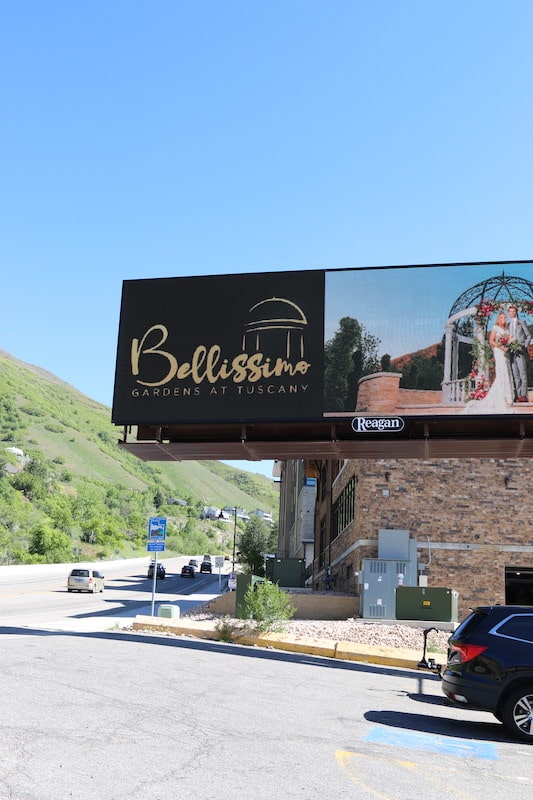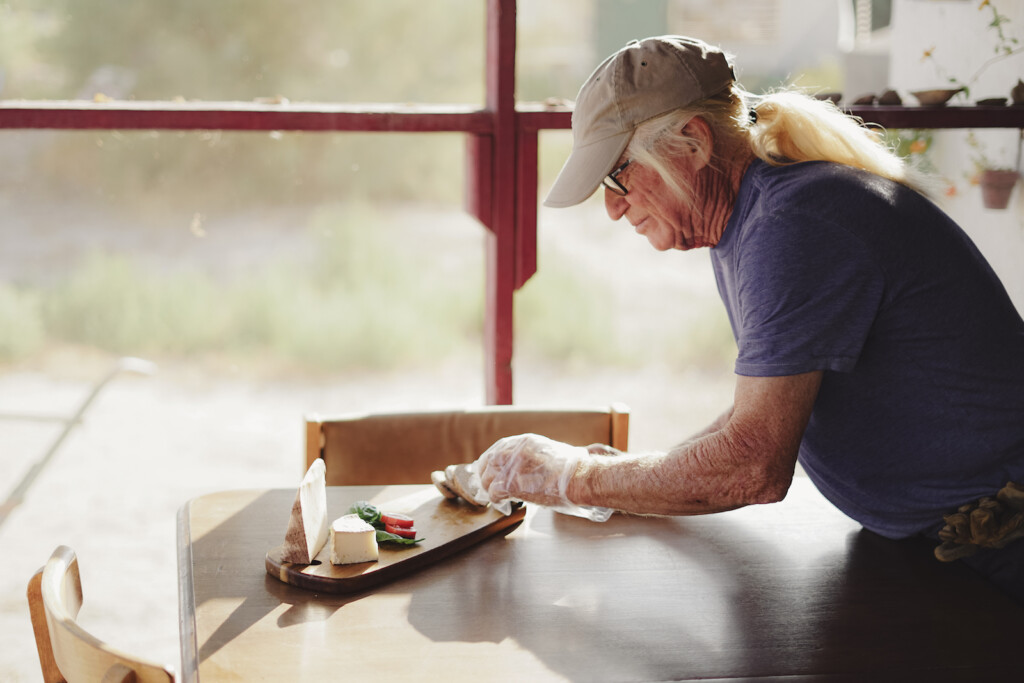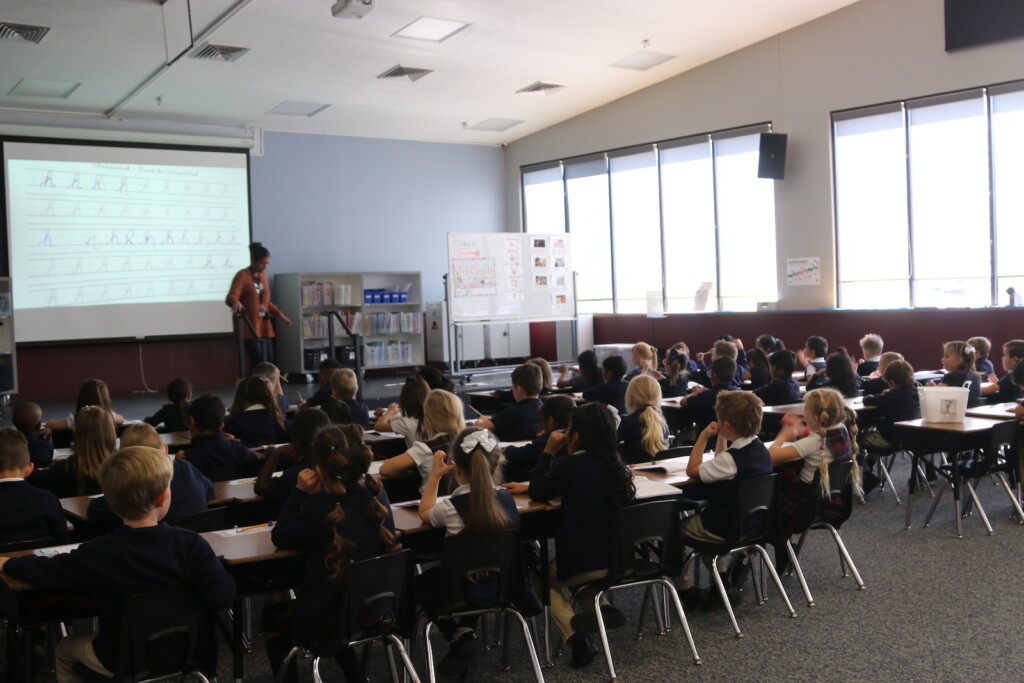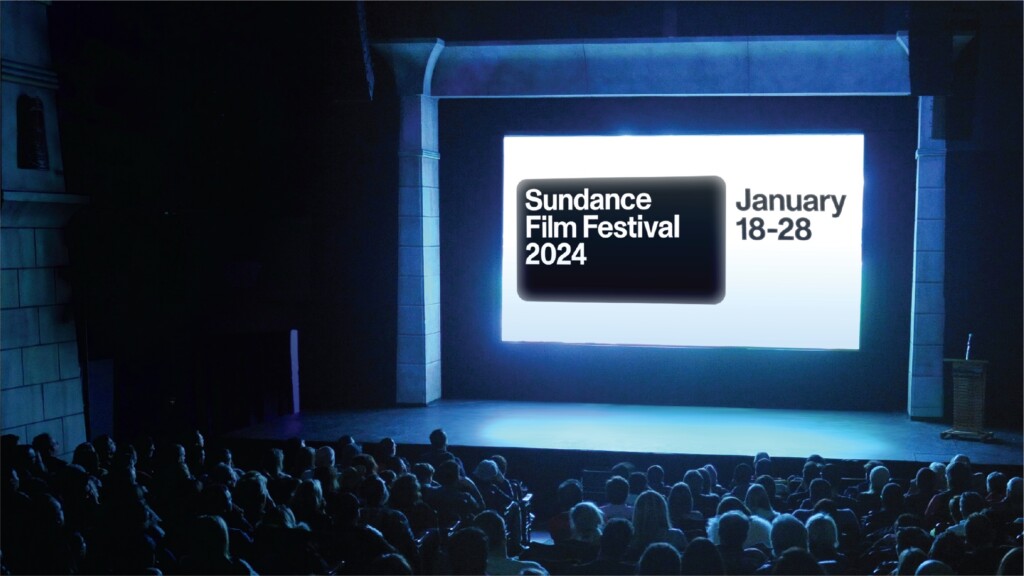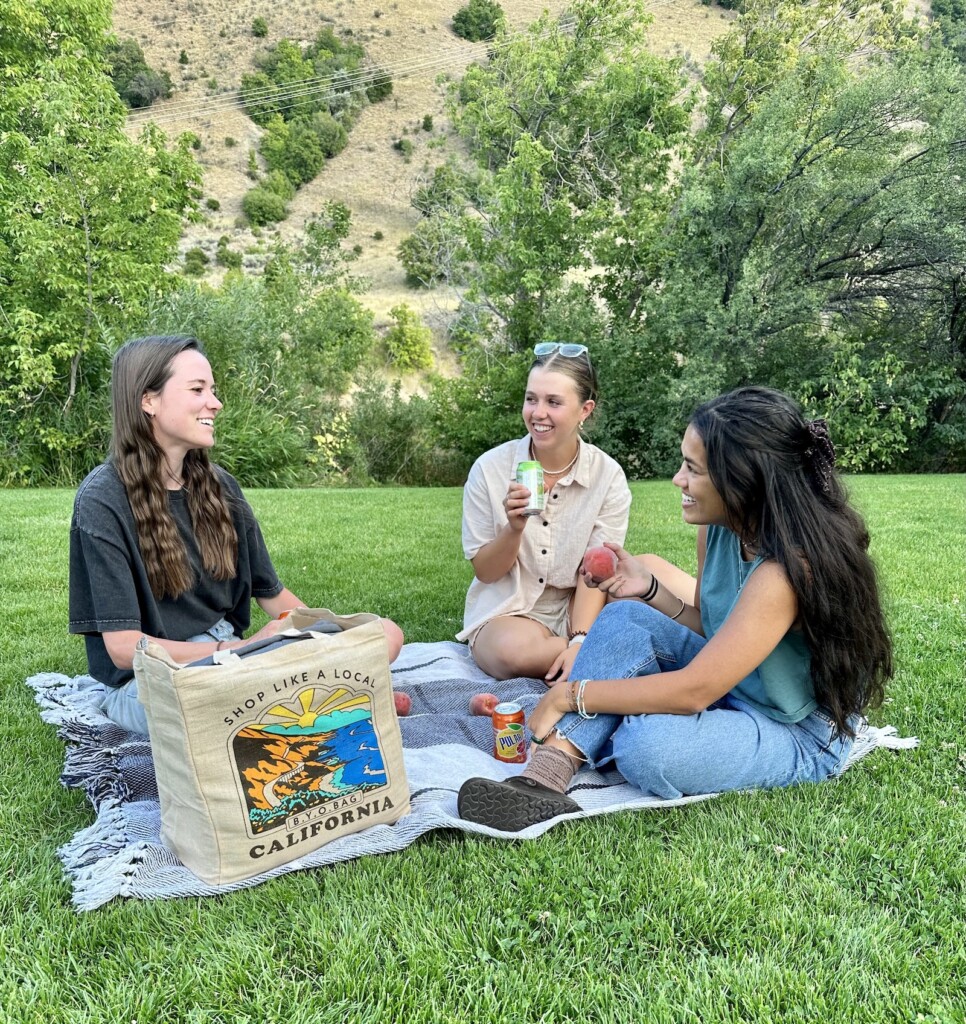
A drive down any of Utah’s highways offers a variety of scenic views, from the red rock of Southern Utah to the forested mountains of Northern Utah. There is something to see even on the most desolate stretches of the road, all of which gets lost under a layer of shouty billboards. Are Utah’s advertisers successful in their can’t-miss-it method of promotion? Thousands of Utahns on Reddit forums say no.
A poll was conducted on a “Salt Lake City” Reddit forum, asking if Utahns would support a billboard ban. Close to 3,100 out of 3,600 voters said they would support a ban and added hundreds of comments. Users share several recurring complaints about Utah’s “billboard blight,” criticizing the way outdoor advertisement blocks the beauty of the state, causes more distracted drivers, and blinds travelers at night with bright lighting.
Many Utahns say they’ve never been inclined to buy anything or call a phone number they’ve seen on a billboard, but they do recall catch phrases and humorous puns from the signs, even if they don’t remember what business the advertisement was for. While the signs occasionally make them laugh, they more frequently make them roll their eyes.
Billboards were shown to be an effective business tool in the past. They can’t be turned off or thrown away, they create a sense of familiarity, and they utilize the boredom that comes with being stuck in traffic to their advantage, but many Utahns are saying they don’t want to be advertised to on the freeway anymore. Many comments show frustration at a world that doesn’t give a break from things to buy, complaining that they purchase ad-blockers on their computers, click the “X” on web pop-ups, and put “no soliciting” signs in front of their homes ― but can’t block the ads on the interstate.
Several said they’d rather see a sign indicating which food services are off the next exit, than see an array of billboards for each place to dine. Others express gratitude for states with billboard bans or restrictions in place, and say their trips to those states were more enjoyable while being able to see the landscape during travel.
Vermont, Hawaii, Maine and Alaska, which are all known for their scenic beauty, have removed off-premises advertisements, with evidence of enhanced tourist revenue, more new residents and environmentally conscious uses of land. Regulations in Vermont still allow signs to be placed on private property near the business location. Several Reddit users suggest this is the type of restriction Utah should adopt, which would still allow companies to place signs outdoors and direct traffic to their buildings, but would not cloud highway views, threaten Utah’s night skies, or take up unnecessary land.
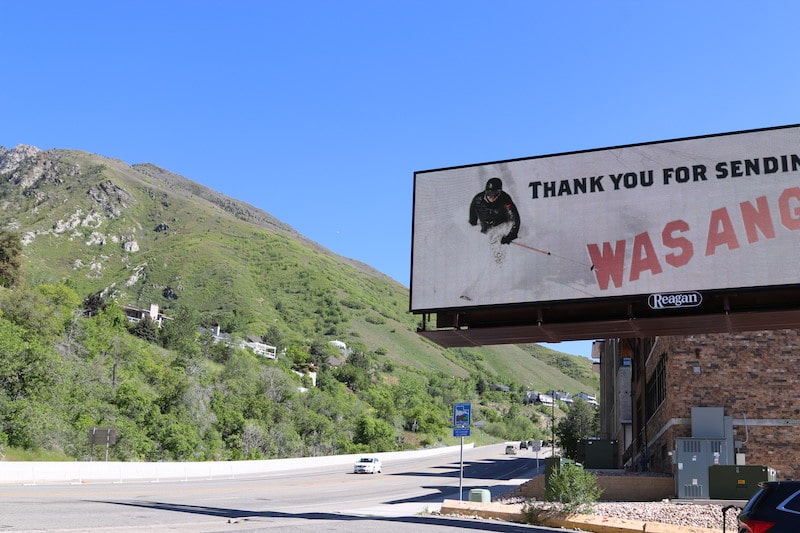
Scenic Utah, an organization dedicated to protecting and enhancing Utah’s natural beauty, cites Utah as sixth in the nation for number of billboards on state roads, but third for the number of national parks and open spaces that attract residents and visitors from all over the world. They highlight Utah’s laws that they say protect billboards, but don’t benefit the state in the ways that removing them would. These laws make billboards difficult and expensive to remove, relocate or regulate.
According to Scenic Utah, commercial signs off the highway don’t generate measurable tax revenue, often deter and prevent land development, and minimize the potential value of the land. A survey they conducted regarding Utahns’ attitudes toward billboards showed the same evidence the Reddit polls show: Most Utah residents want the billboards gone.
Even with concerns from locals, the expense on taxpayers and city governments, and the lack of public interest in protecting billboard companies, Utah’s state government continues to hold on to laws in favor of billboards and the popular vote among Utahns is for that to change.
RELATED CONTENT
Billboard Nation: Why Utah is Being Overrun by Billboards and Distracting Ads
Ticket to Ride: “Political Pressure” Comes to Bear on Little Cottonwood Canyon Transportation Plans
Cash Canyon: Former Lawmaker’s Bill to Allow Canyon Tolling Benefit His Development Project
Utahns’ Love Affair with Cottonwood Canyon
Beginning in 1930, Leonard and Harvey Brimley Started One of the First Neon Sign Shops in Utah
SUPPORT LOCAL JOURNALISM AND SUBSCRIBE TO PRINT MAGAZINE
Subscribe to Utah Stories weekly newsletter and get our stories directly to your inbox

